Do you ever feel like you’re arguing with idiots? Most of them actually aren’t (idiots). Some probably are. For those, remember, “It is impossible to defeat an ignorant man in argument.” (Wm. G. MacAdoo)
In most business and professional discourse someone has to be the grown up and it might as well be you. Here’s a plan:
Argue as if you’re right; listen as if you’re wrong.
This comes from one of my intellectual heroes, Karl Weick, Rensis Likert Distinguished University Professor of Organizational Behavior and Psychology at the University of Michigan. He’s brilliant, gracious, and a profoundly serious thinker. I like him.
Weak positions and tepid beliefs are problematic. The best argument for moving ahead or the strongest case for purposeful change or the most fortified defense of a point of view never come forth for lack of the necessary energy to put them to the test. There’s no inspiration.
Conversely, holding a position too dear – to the point of rejecting any contrary or conflicting evidence – is irresponsible, selfish, and maybe even dishonest. Likewise, a blind eye and a deaf ear are ill-suited to discovery of “the new and better.”
This is not about abandoning those timeless truths and moral proofs that have stood the tests of time, trial and temptation. I’m sharing a strongly held belief of my own that involves the practicality and power of a style of “talking as if you’re right and listening as if your wrong.”
How?
How do you speak as if you are right? Your message needs to be simple, clear and direct with sufficient courage to act on what you know.
How do you listen as if you are wrong? Generally, with humility and some reasonable doubt about what you know (there might be more to know…).
This is not so new. Echos of this concept have been heard for some time from Bob Sutton, Paul Saffo, and many others. Sutton refers to it as “strong opinions, weakly held.” Marc Garrett likes the tag line “fierce opinions, briefly held, quietly disowned.”
In one sense this is about a decorum of behavior in the treatment of others. In another sense it’s about being open to the acquisition of additional knowledge, ideas or information. It’s about knowing what you want and what you believe. It is the best balance of advocacy and inquiry (advocacy – how things are told and explained; inquiry – how questions are raised and answered).
In Other Words…
“A fierce consistency is the hobgoblin of little minds.” – Ralph Waldo Emerson
“You cannot truly listen to anyone and do anything else at the same time.” – M. Scott Peck, The Road Less Traveled
“This is how humans are: we question all our beliefs, except for the ones we really believe, and those we never think to question.” – Orson Scott Card
“Look for what’s missing. Many advisers can tell a President how to improve what’s proposed or what’s gone amiss. Few are able to see what isn’t there.” -Donald Rumsfeld, former U.S. Secretary of Defense
“Every man prefers belief to the exercise of judgment.” – Seneca
“The moment we want to believe something, we suddenly see all the arguments for it, and become blind to the arguments against it” – George Bernard Shaw
“Convictions are more dangerous enemies of truth than lies.” – Friedrich Wilhelm Nietzsche, Human, All Too Human, 1878
“Not… what opinions are held, but… how they are held: instead of being held dogmatically, opinions are held tentatively, and with a consciousness that new evidence may at any moment lead to their abandonment.” – Bertrand Russell, Unpopular Essays, 1950
“It often happens that a player carries out a deep and complicated calculation, but fails to spot something elementary right at the first move.” – Grandmaster Alexander Kotov
“You are entitled to your own opinion, but you are not entitled to your own facts.” – Facts Are Facts in National Review September 4, 2003.
“Like all weak men he laid an exaggerated stress on not changing one’s mind.” – W. Somerset Maugham, Of Human Bondage
In The Word…
“A fool finds no pleasure in understanding but delights in airing his own opinions.” – Proverbs 18:2
In Linked Words…
Monty Python, “Argument Clinic”






